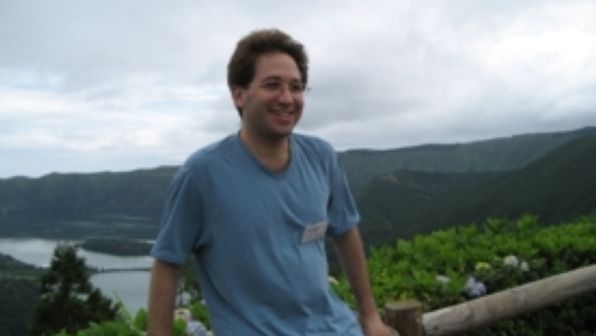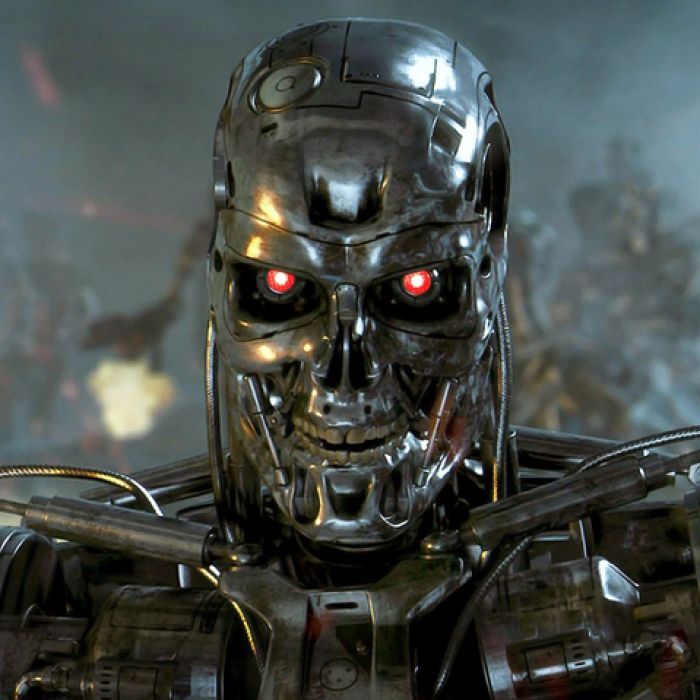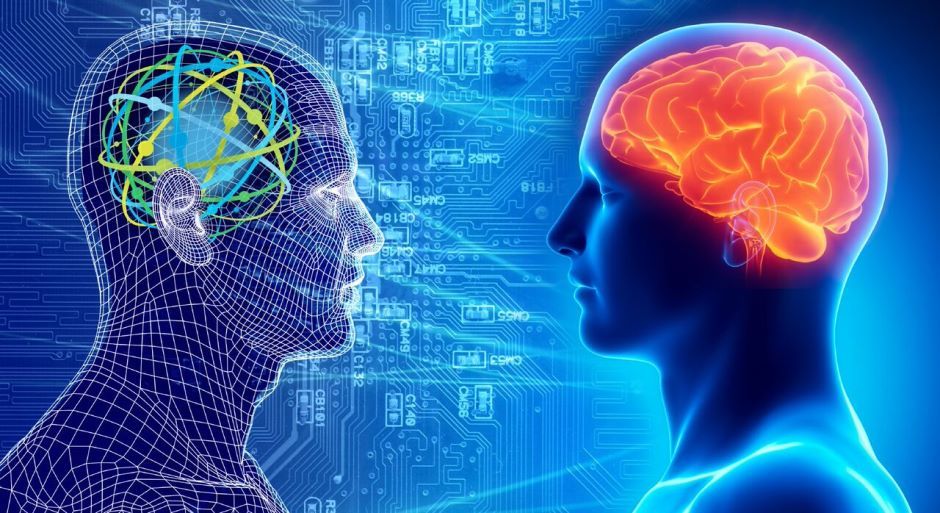The growth of human and computer intelligence has triggered a barrage of dire predictions about the rise of super intelligence and the singularity. But some retain their skepticism, including Dr. Michael Shermer, a science historian and founding publisher of Skeptic Magazine.
The reason so many rational people put forward hypotheses that are more hype than high tech, Shermer says, is that being smart and educated doesn’t protect anyone from believing in “weird things.” In fact, sometimes smart and educated people are better at rationalizing beliefs that they hold for not-so-rational reasons. The smarter and more educated you are, the better able you are to find evidence to support what you want to be true, suggests Shermer.
“This explains why Nobel Prize winners speak about areas they know nothing about with great confidence and are sure that they’re right. Just because they have this great confidence of being able to do that (is) a reminder that they’re more like lawyers than scientists in trying to marshal a case for their client,” Shermer said. “(Lawyers) just put together the evidence, as much as you can, in support of your client and get rid of the negative evidence. In science you’re not allowed to do that, you’re supposed to look at all the evidence, including the counter evidence to your theory.”
The root of many of these false hypotheses, Shermer believes, is based in religion. Using immortality as an example, Shermer said the desire to live forever has strong parallels to religious beliefs; however, while there are many making prophecies that technology will insure we’ll live forever, too many people in groups throughout history have made similar yet unfulfilled promises.
“What we’d like to be true is not necessarily what is true, so the burden of proof is on them to go ahead and make the case. Like the cryonics people…they make certain claims that this or that technology is going to revive people that are frozen later…I hope they do it, but you’ve got to prove otherwise. You have to show that you can actually do that.”
Even if we do find a way to live forever, Shermer notes the negatives may outweigh the positives. It’s not just living longer that we want to achieve, but living longer at a high quality of life. There’s not much benefit in living to age 150, he adds, if one is bedridden for 20 or 30 years.
Instead, Shermer compares the process to the evolution of the automobile. While the flying cars promised by 1950’s-era futurists haven’t come to pass, today’s automobile is exponentially smarter and safer than those made 50 or 60 years ago. While forward thinkers have had moments of lucid foresight, humans also have a history of making technology predictions that often don’t turn out to be realized. Often, as is the case with the automobile, we don’t notice differences in technological changes because the changes happen incrementally each year.
“That’s what’s really happening with health and longevity. We’re just creeping up the ladder slowly but surely. We’ve seen hip replacements, organ transplants, better nutrition, exercise, and getting a better feel for what it takes to be healthy,” Shermer says. “The idea that we’re gonna’ have one big giant discovery made that’s going to change everything? I think that’s less likely than just small incremental things. A Utopian (society) where everybody gets to live forever and they’re infinitely happy and prosperous and so on? I think it’s unrealistic to think along those lines.”
Looking at the future of technology, Shermer is equally reticent to buy in to the predictions of artificial intelligence taking over the world. “I think the concern about AI turning evil (and) this dystopian, science fiction perspective is again, not really grounded in reality. I’m an AI optimist, but I don’t think the AI pessimists have any good arguments,” Shermer said
While we know, for the most part, which types of governments work well, we don’t have any similar precedent for complex AI systems. Humans will remain in control and, before we start passing laws and restrictions to curb AI out of fear, Shermer believes we should keep improving our computers and artificial intelligence to make life better, evaluating and taking action as these systems continue to evolve.








